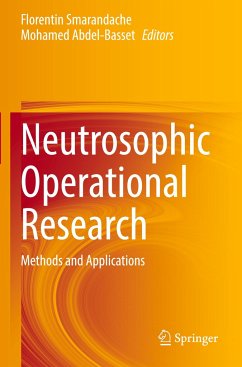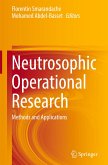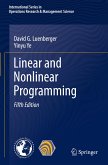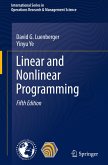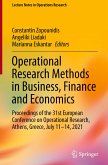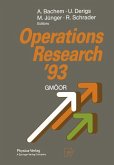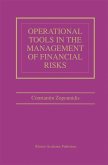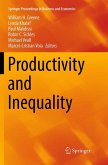This book addresses new concepts, methods, algorithms, modeling, and applications of green supply chain, inventory control problems, assignment problems, transportation problem, linear problems and new information related to optimization for the topic from the theoretical and applied viewpoints of neutrosophic sets and logic.
The book is an innovatory of new tools and procedures, such as: Neutrosophic Statistical Tests and Dependent State Samplings, Neutrosophic Probabilistic Expert Systems, Neutrosophic HyperSoft Set, Quadripartitioned Neutrosophic Cross-Entropy, Octagonal and Spherical and Cubic Neutrosophic Numbers used in machine learning.
It highlights the process of neutrosofication {which means to split the universe into three parts, two opposite ones (Truth and Falsehood), and an Indeterminate or neutral one (I) in between them}. It explains Three-Ways Decision, how the universe set is split into three different distinct areas, in regard to the decision process, representing: Acceptance, Noncommitment, and Rejection, respectively. The Three-Way Decision is used in the Neutrosophic Linguistic Rough Set, which has never been done before.
The book is an innovatory of new tools and procedures, such as: Neutrosophic Statistical Tests and Dependent State Samplings, Neutrosophic Probabilistic Expert Systems, Neutrosophic HyperSoft Set, Quadripartitioned Neutrosophic Cross-Entropy, Octagonal and Spherical and Cubic Neutrosophic Numbers used in machine learning.
It highlights the process of neutrosofication {which means to split the universe into three parts, two opposite ones (Truth and Falsehood), and an Indeterminate or neutral one (I) in between them}. It explains Three-Ways Decision, how the universe set is split into three different distinct areas, in regard to the decision process, representing: Acceptance, Noncommitment, and Rejection, respectively. The Three-Way Decision is used in the Neutrosophic Linguistic Rough Set, which has never been done before.

